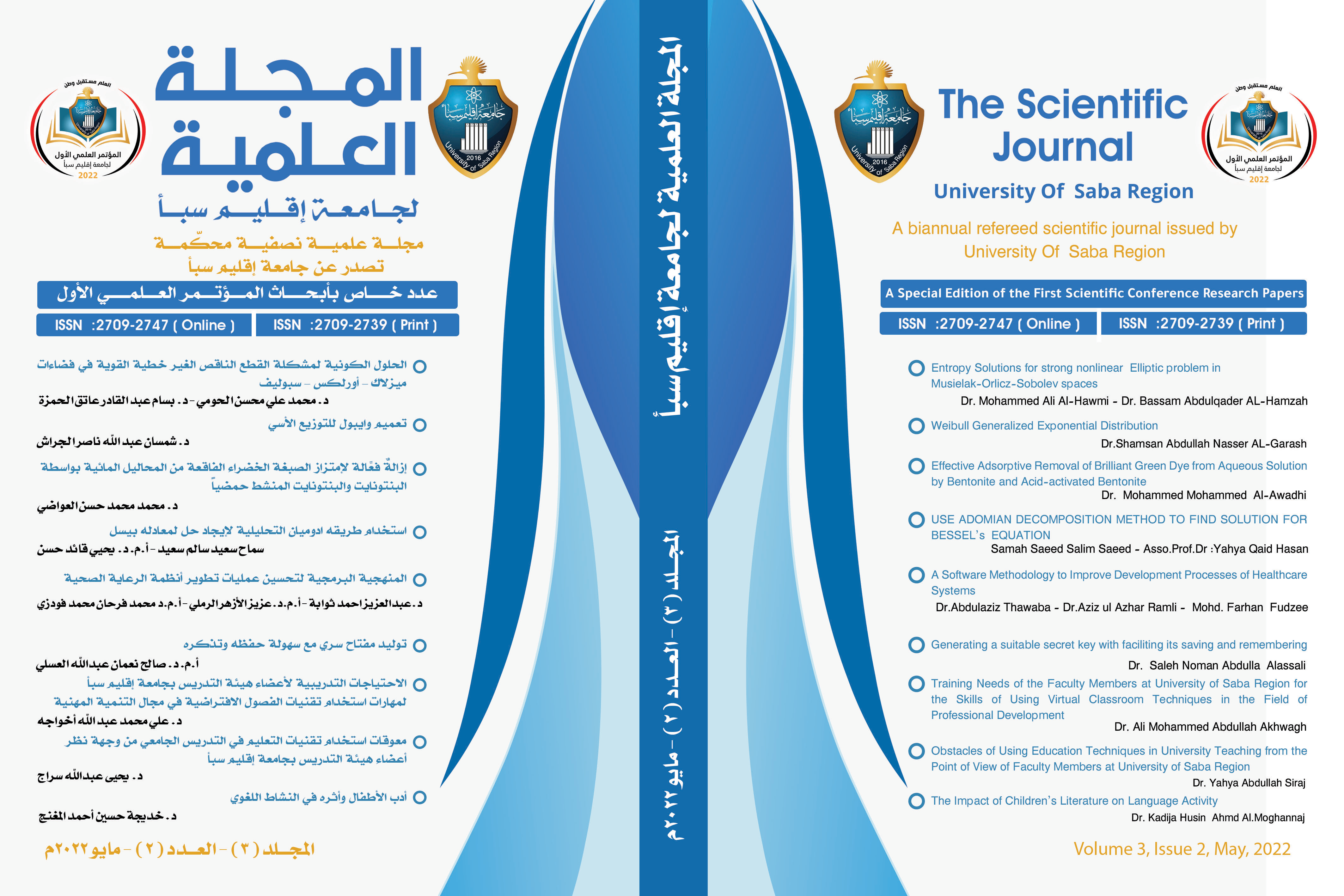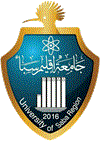The Impact of Children’s Literature on Language Activity
DOI:
https://doi.org/10.54582/TSJ.2.2.26Keywords:
children’s manner, linguistic event, listening skill, Conversational skill, reading skillAbstract
This research includes an important topic that is mainly related to linguistic behavior, or linguistic event in its various forms, spoken including linguistic behavior-related skills among children. Children’s literature is introduced to children from the basic education stage in its simple forms, and continues with them. At an age between 12 and 13 years, it represents the most important stages of growth and character building, as well as the acquisition of verbal and written skills.
What attracts the attention of those interested is the need for them to pay attention to this type of literature, which leads to building the personality of the child with regard to the linguistic aspect, as well as other aspects related to emotion, society, and so on....
The research focuses on the impact of children’s literature on the linguistic behavior of children in terms of the skills that they achieve, such as: listening, speaking, reading, and writing skills as well as the impact of children’s literature on linguistic richness, literary taste and the avoidance of diglossia.
This research includes considering the concept of children’s literature, its forms, the foundations of writing for children, and an overview of children’s literature in Yemen
The researcher used the descriptive approach.
The researcher concluded the following:
The topic of (children’s literature) is one of the important topics that should be taken care of: study, analysis, and presentation; because of its effects on the personality of children, their linguistic, intellectual, and creative activity.
The concept of children’s literature: It is a special literary product directed to children at two stages: pre-school, and during basic education. It includes forms and literary types of poetry and prose, such as: story, poetry, chant, play, ...etc.
Children may be presented with an audible or a reader, or scenes through theatre, television, cartoons, ...
Children’s literature is different from adult literature, as it requires general and special conditions while writing and presenting it, in terms of taking into account the Arabic language, the stages of life that children go through, and the necessary technical techniques during its presentation.
Children’s literature appeared in Yemen in the 1970s in the south, but in the north, it appeared in the 1980s, and remained between the emergence and absence of exclusive literary works and limited writers. It retreated more at the present time due to wars. Therefore, it is difficult - today - to assess the experience of children’s literature in Yemen because it is not present.
Children’s literature affects children’s linguistic activity by providing them with several skills, the most important of which are: listening skill, conversation skill, reading skill, writing skill, and it also affects the linguistic richness of children, helps in developing the skill of literary taste, and works not to get them into the problem of verbal duality
Downloads
Published
How to Cite
Issue
Section
License
Copyright and Licensing
This journal publishes all scientific materials under the Creative Commons Attribution 4.0 International (CC BY 4.0) , license, which grants you the following permissions:
You are free to:
- Share — copy and redistribute the material in any medium or format for any purpose, even commercially.
- Adapt — remix, transform, and build upon the material for any purpose, even commercially.
- The licensor cannot revoke these freedoms as long as you follow the license terms.
Under the following terms:
- Attribution — You must give appropriate credit , provide a link to the license, and indicate if changes were made . You may do so in any reasonable manner, but not in any way that suggests the licensor endorses you or your use.
- No additional restrictions — You may not apply legal terms or technological measures that legally restrict others from doing anything the license permits.
Notices:
You do not have to comply with the license for elements of the material in the public domain or where your use is permitted by an applicable exception or limitation .
No warranties are given. The license may not give you all of the permissions necessary for your intended use. For example, other rights such as publicity, privacy, or moral rights may limit how you use the material.













